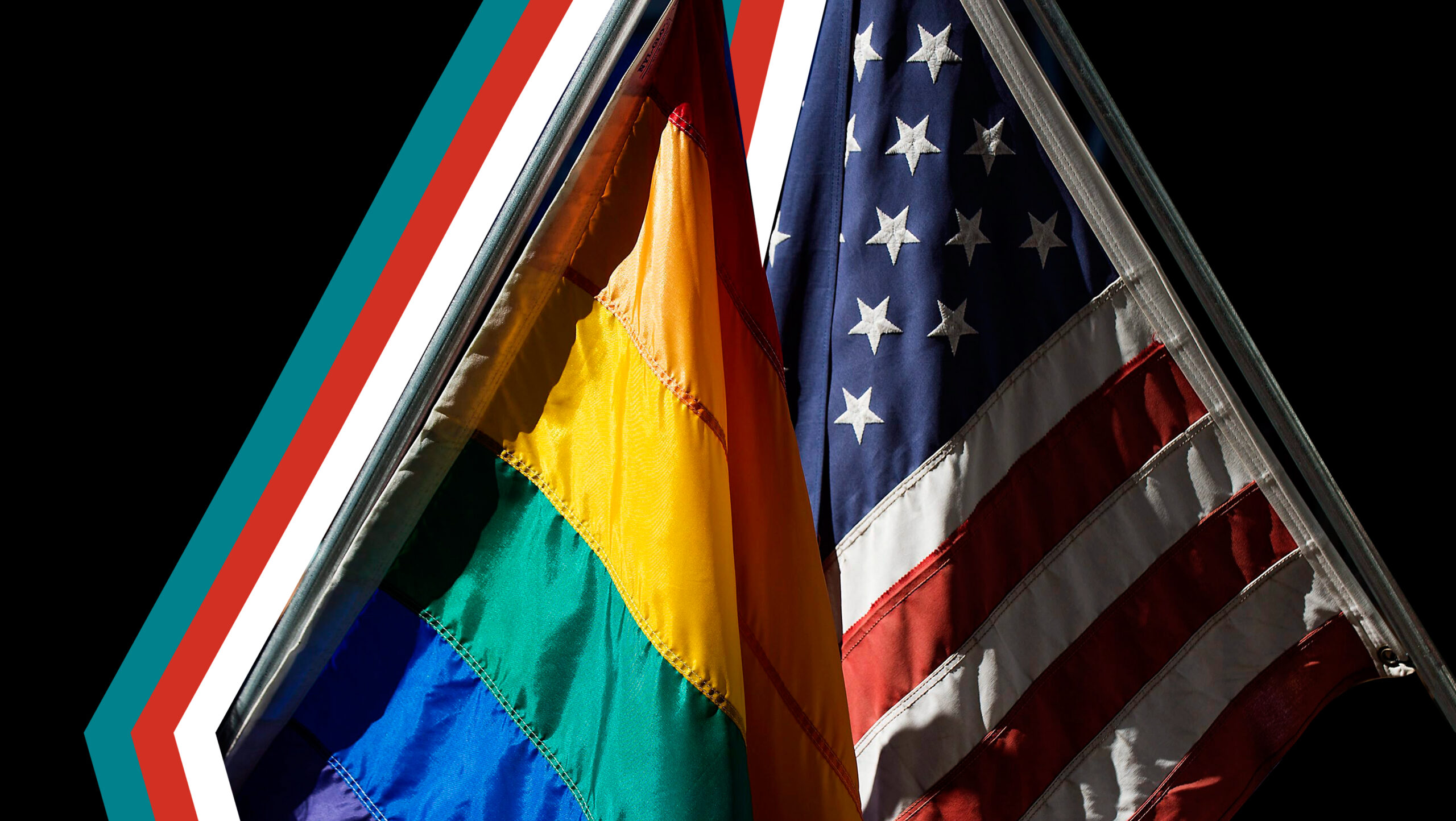To get Xtra Weekly in your inbox, subscribe here.
WEEKLY DEBRIEF
The Supreme Court of the United States will review and decide, once and for all, if discrimination against LGBTQ2 workers should be covered under the Civil Rights Act.
The background On Monday, the US Supreme Court announced that it will decide whether Title VII of the Civil Rights Act of 1964 guarantees protection from workplace discrimination to gay and transgender people. The act prohibits employers with 15 or more employees from discriminating against their workers on the basis of sex, religion, race, colour, national origin and religion.
The US Equal Employment Opportunity Commission states that the act extends protections to LGBTQ2 people, but the Trump administration has argued that it cannot be read to apply to discrimination based on sexual orientation or transgender status.
In response, the Supreme Court has agreed to hear three separate petitions to clarify whether Title VII covers anti-LGBTQ2 discrimination at the workplace.
So, what are the petitions? The petitions that will be presented are cases of employment discrimination based on sexual orientation and gender expression previously heard by some of the 13 US courts of appeals (lower courts), though the outcome of the hearings differ in each case.
- Two cases revolve around sexual orientation: One involved a skydiving business in New York, where a former instructor claimed that he was fired from the company for being gay. The lower court found that Title VII did indeed cover sexual orientation. Another case involved a child welfare services worker in Georgia who also alleged he was fired for being gay. That court found that Title VII did not apply to sexual orientation.
- One case addresses gender expression: In this case, Aimee Stephens, a trans woman, claimed she was fired from her job at a funeral home because of her gender expression. The court of appeals ruled she was protected by Title VII.
The differences in the ruling of these cases and the interpretations of the Civil Rights Act by the lower courts have caused confusion, so the upcoming Supreme Court review hopes to settle this issue once and for all.
Omar Gonzalez-Pagan, senior attorney at Lambda Legal, a US organization dedicated to achieving full equality for LGBTQ2 people, said in a phone interview that when it comes to transgender people, there is more of a consensus in the lower court rulings that their rights are covered by the Civil Rights Act. For sexual orientation, however, the lower courts have been split on the matter of workplace protections because of the vague definition of what falls under the “sex” clause of the act, which, historically, was meant to address discrimination towards women.
So what does this Supreme Court hearing mean for LGBTQ2 people? Gonzalez-Pagan says these cases represent a very high-stakes moment for the LGBTQ2 community.
“If the court rules in favour of coverage, we will be able to cement already existing protections,” he says. But if the Supreme Court rules against it, “all of the victories [for LGBTQ2 rights] will be erased and the court will eliminate existing protections for people.” What’s more, the ruling will have consequences for LGBTQ2 people beyond workplace protections: “All these cases are rising in the context of employment but there are other forms of sex discrimination prohibitions under federal law that includes education, housing and health care.”
Timing is also an issue. The current US Supreme Court has a decidedly conservative majority following Justice Anthony Kennedy’s retirement last year and the appointment of Brett Kavanaugh as his successor. Kennedy, despite his largely conservative record, tended to rule in favour of LGBTQ2 civil rights.
“We have won before conservative judges, we have won before more liberal judges . . . we have won before all types of judges,” says Gonzalez-Pagan when asked about the likely outcome of the review.
The Supreme Court will make its decision between January and June 2020. Gonzalez-Pagan says people should continue to be engaged and understand what’s at stake. “Ultimately this is about ensuring that LGBTQ people can participate in life without discrimination,” he says.
WORLD AT A GLANCE
Companies like Nike, IKEA and Hilton are urging Tennessee lawmakers to block bills that discriminate against LGBTQ2 people. #JustDoIt
A month after his speech at the United Nations, Malaysian gay activist Numan Afifi was summoned by police.
Applause! The National Association for the Advancement of Colored People (NAACP) issued a statement condemning the alleged bullying and intimidation of LGBTQ2 students at a Missouri school.
The Royal Canadian Mint unveiled a commemorative one-dollar coin to mark the 50-year anniversary of Canada decriminalizing homosexuality. But not everyone is happy.
The US Senate and the Department of Justice are investigating Gilead Sciences for allegedly raking in billions from sales of the PrEP drug Truvada, even though the patent is owned by the federal government.
More than 100 couples are planning to wed next month when same-sex marriage becomes legal in Taiwan. #LoveIsLove
QUEER CONTENT ROUNDUP

- Chasten Bittigieg reveals the deets of his and Mayor Pete’s first date. And the meet-cute is defs cute. [Queerty]
- This visual artist changed the image of Black queer South Africans. Get to know Zanele Muholi. [Out]
- Colour me eager as the reboot of lesbian TV series The L Word announces it’s casting two trans male roles. [Pink News]
- Lizzo is a music star for a new kind of woke world, but how queer is she? [Xtra]
- How do queer women have sex? Four queer women discuss. [Pink News]
- It’s getting hot and people are getting thirsty. Here are 52 photos of men skinny-dipping. [The Advocate]



 Why you can trust Xtra
Why you can trust Xtra


